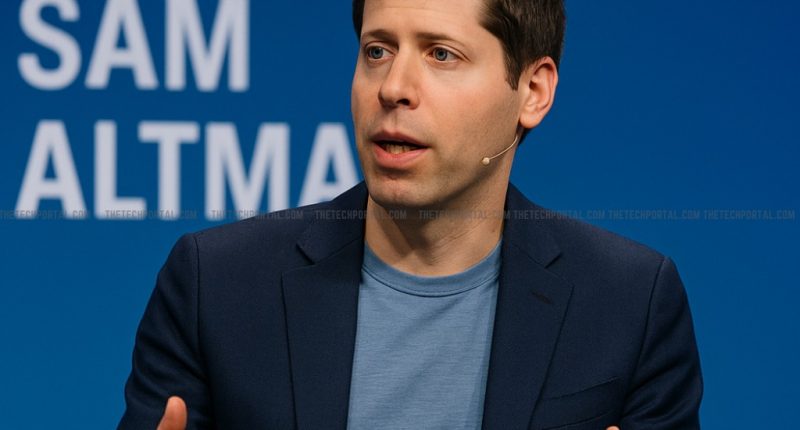OpenAI has informed investors that it intends to reduce the portion of its revenue shared with Microsoft, its largest commercial partner, as part of a broader internal restructuring that retains control with its nonprofit parent, reports The Information. Under the current terms, OpenAI must allocate 20% of its revenue to Microsoft through the end of the decade. However, according to media reports, OpenAI has informed investors that it now anticipates slashing this figure by half. By 2030, the company expects to limit revenue sharing with Microsoft and other commercial entities to roughly 10%.
This means that OpenAI is effectively retaining a greater portion of its earnings, possibly in preparation for more growth. For now, this adjustment is being implemented as OpenAI revises its earlier restructuring blueprint. The nonprofit parent organization will retain overarching control, which in turn curtails the influence of CEO Sam Altman, who had been expected to consolidate greater authority over the company. It remains to be seen whether this pushes Microsoft to negotiate fresh terms with OpenAI.
To provide some context, Microsoft has invested billions into OpenAI since 2019 and remains its key infrastructure and commercial partner, and its investment played a major role in making generative AI the newest trend in the global tech sector. The Redmond-based tech titan has integrated OpenAI’s models, including the GPT family, into products such as Microsoft Office, Azure, and Bing. Microsoft provides cloud infrastructure through Azure and, in turn, gains exclusive access to commercialize OpenAI’s tech and family of AI models. Microsoft has also emphasized that its revenue-sharing arrangement with OpenAI is reciprocal and maintains that the foundational elements of the partnership will remain intact through the current agreement, which is valid until 2030. A spokesperson for OpenAI stated: “We continue to work closely with Microsoft, and look forward to finalizing the details of this recapitalization in the near future.” Neither company has commented publicly beyond that.
The rebalancing of revenue shares comes at a time when OpenAI is actively restructuring its organizational structure and revenue model, and removed the limit on how much returns its investors can get. On May 5, the firm officially confirmed that its nonprofit will continue to be in charge and convert into a “Public Benefit Corporation”.
“OpenAI was founded as a nonprofit, and is today overseen and controlled by that nonprofit,” Bret Taylor, Chairman of the Board at OpenAI, had announced in a blog post at that time. “Going forward, it will continue to be overseen and controlled by that nonprofit.” It also comes after earlier this year, Microsoft amended certain terms of its OpenAI deal in light of a separate joint venture involving Oracle and SoftBank. The Stargate deal aims to establish massive AI-focused data centers in the US, reportedly worth up to $500 billion.
The Tech Portal is published by Blue Box Media Private Limited. Our investors have no influence over our reporting. Read our full Ownership and Funding Disclosure →






